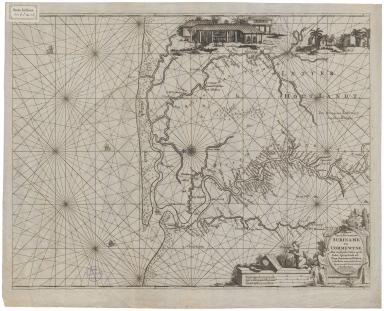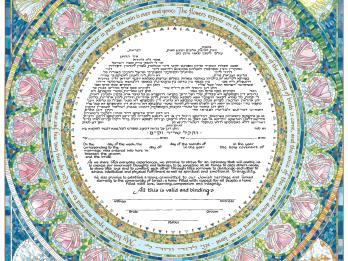Acordos (Regulations): Against Libelous Verses
Hendrik Doncker
The Jewish Community of Curaçao
1740
In the Name of the Blessed God
The gentlemen of the Mahamad [board of governors—Ed.] have received a letter from the very illustrious gentlemen of the Mahamad of the Holy Congregation of T: T: [Talmud Torah—Ed.] of Amsterdam, disclosing that a member [of ours] had written to various merchants of that city against the interests of a fellowman. In telling strangers that there is among us an evil person capable of such a deed, he not only trespassed against the commandments of God’s Holy Law, but also profaned His Holy Name. [Their letter] firmly recommends a careful investigation of the person guilty of this act so that he may be punished in accordance with his crime and in accordance with the rigor of our Holy Law so that there is no repetition of it in the future.
The gentlemen of the Mahamad and their councillors, in the company of our eminent Haham R[ephae]l Jesurun, after investigating the matter as far as possible, decided with the approval of our worthy Haham upon the proper punishment to be meted out under our Holy Law.
Since in the Yr. 5449 it was resolved to forbid, under penalty of the small ban, the composition of verses, sonnets or pasquins injurious to one’s fellowmen, which [offense] is less grievous than the foregoing case, said gentlemen resolved to enact a Regulation as they now enact, whereby any member of resident of this Island, or even visitors, committing an offense similar to this, either directly or indirectly, by inciting or causing to incite, by writing or causing to be written anything frivolous against his fellowman or against his interests, shall be under penalty of the small ban and shall be punished with all the rigor of our Holy Law, as a disturber of the peace and general welfare. His crime shall be announced in the Holy Synagogue so that everyone may avoid him and especially his mischief. He shall not be relieved or released from such penalty until paying a fine of fifty pezos for the Sedaca [charity fund—Ed.] and giving public satisfaction from the pulpit, [namely,] by asking God, the Holy Congregation and the person he has injured for forgiveness of his pulpit.
May Blessed God help us with His divine aid so that we may incline our hearts to keep His divine laws with love and reverence by loving our fellowmen as His Holy Law commands and by driving away all evil from us. May He bless His people with peace and union, Amen!
Done in the H. C. of Mikve Israel, the 3rd of Nisan, Yr. 5500 [1740].
Present: The gentlemen of the Mahamad and councillors in the Company of the eminent Haham.
Signed: Josseph Jess[uru]n. Henriquez Treasurer
Notes
Unless indicated as editorial additions, words in brackets appear in the original translation.
Credits
Published in: The Posen Library of Jewish Culture and Civilization, vol. 5.





